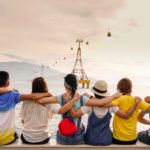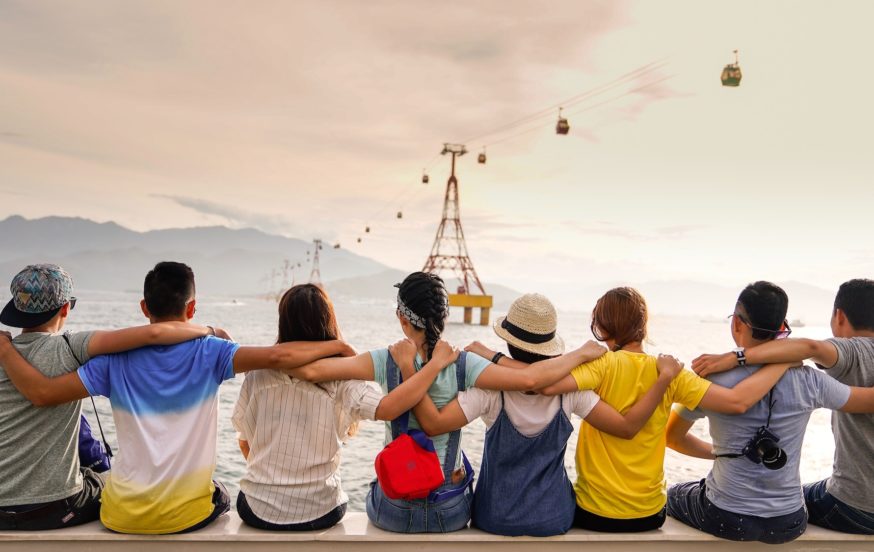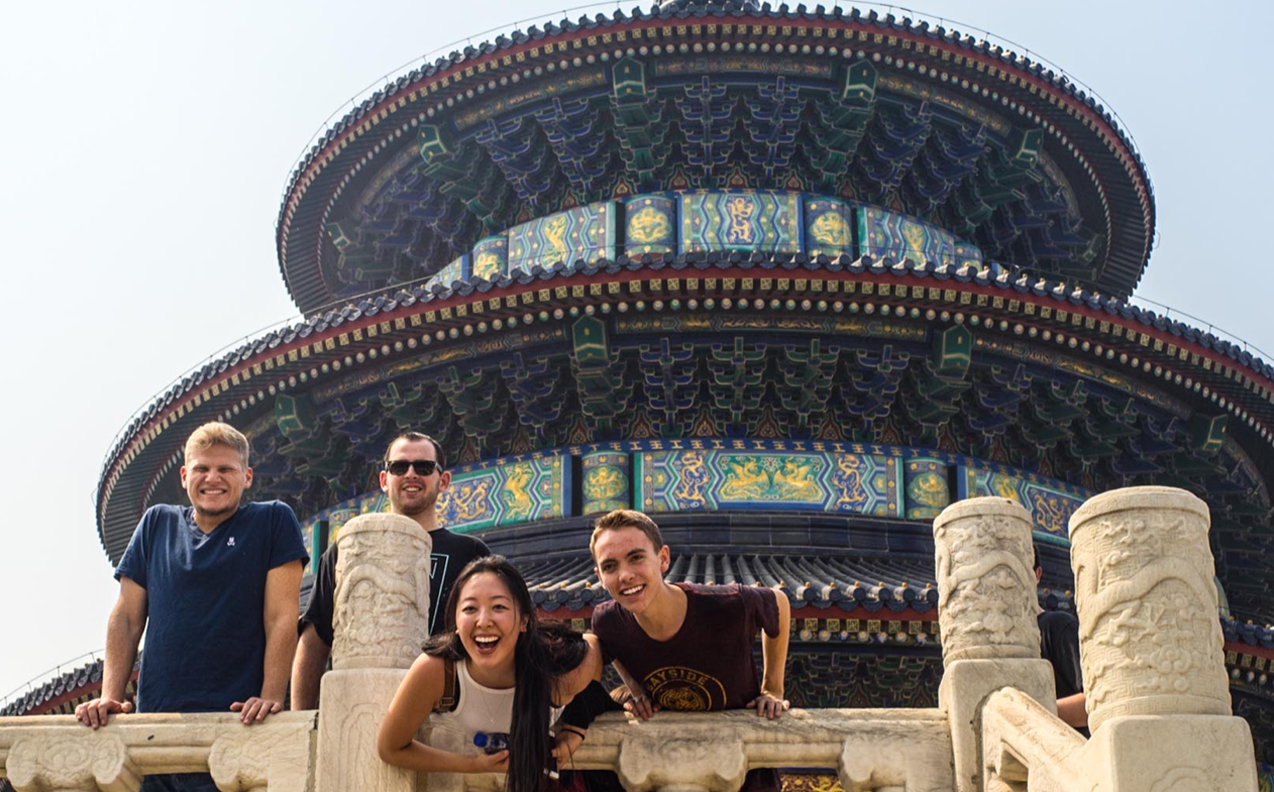Last updated: 6 July 2020
We continue to proactively monitor the situation regarding COVID-19 with the support of our medical and risk management partners. Here are some answers to questions we are frequently hearing from customers:
Will my tour or program be cancelled?
We are committed to student safety and will not take anyone to a location that is not deemed safe for travel. Due to the current situation regarding the spread of COVID-19, WorldStrides is proactively working with Program Leaders to postpone all programs scheduled to 31 August 2020. We are working closely with each group to identify a flexible solution that works best for them.
If I’m travelling after 31 August 2020, when do I need to decide about my tour?
For groups travelling after 31 August 2020, WorldStrides recommends taking a wait and see approach. We cannot speculate as to how the situation will evolve over the coming weeks.
In light of the unusual circumstances surrounding COVID-19, WorldStrides will be extending additional flexibility to all groups, should they wish to modify their tours.
To provide our travellers increased flexibility to wait and understand the world health situation during this time, we are amending our policies so that any fees associated with cancellation will not increase between now and 31 July 2020. This allows all groups to continue to follow the evolving situation, without the pressure of deciding about future travel plans.
Please note this policy is subject to change at any time without notice.
I’m having a difficult time reaching a WorldStrides representative. What do I do?
We apologise we aren’t able to offer prompt customer service at this time. As you might expect, our phone lines and inboxes are experiencing an unprecedented level of inquiries regarding the COVID-19 situation. Please know that we are doing everything we can to provide the best service possible. Here are some suggestions that will help us help you:
- Reach out regarding urgent needs only. We are proactively contacting all Program Leaders with an imminent departure date to postpone their tour. Therefore, if your situation is not urgent, we recommend contacting your Program Specialist at a later time when we can better assist you.
- Communicate via one channel. If possible, we recommend using one channel of communication to reach us, so that we can make sure to address your needs most effectively. If we cannot respond with full answers promptly, we will communicate a timeframe within which we plan to respond.
- Parents and students. As we work directly with the Program Leader on each tour, we recommend waiting to hear from your Program Leader, who will work with our team to confirm the situation and share information with you.
What are you doing to keep students safe, more generally?
Our Medical Director, Dr. Neal Sikka, has advised on guidelines for all programs, and we have implemented additional training for our Tour Directors and other staff to encourage best hygiene practices. These best practices include frequent hand washes and refraining from the unnecessary touching of surfaces or people. We will continue to follow any developments and reconsider itineraries to avoid any additional areas of concern.
What if a student gets sick?
Students (and adults too) do sometimes fall ill while travelling, which is why we have invested in our Doctors on Call partnership with the George Washington University Department of Emergency Medicine. In the event that a student becomes sick, we will follow our best practices to allow the student to rest, and avoid spreading germs, and, where appropriate, seek additional guidance or care from our Doctors on Call.
In response to COVID-19, we have developed additional guidance and protocols. If we have reason to believe a student has been exposed to COVID-19, we will immediately engage local health authorities and our Medical Director, Dr. Neil Sikka of George Washington University Hospital Department of Medicine.
Dr. Sikka advises that if a person is feeling ill, it is essential not to wait until an individual is very sick to seek advice and help. COVID-19 is an influenza-like illness. Like the flu, most people who get COVID-19 will only need rest and over the counter medications to recover fully. However, immediate care helps to avoid the unlikely situation that a person might become very sick and need to go to a clinic or hospital to get better.
What can I do to stay healthy?
To keep yourself and others safe and healthy:
- comply with special instructions issued by local officials
- adhere to known, effective best practices to minimize your chance of catching respiratory infections
- do not touch any part of your face without first washing your hands
- avoid contact with persons who are already ill
- avoid unnecessary touching of other persons (e.g. shaking hands in greeting) and limit touching publicly-shared surfaces, where possible
- wash your hands frequently with soap and water for at least 20 seconds
- carry hand sanitizer (60-95% alcohol) for use in situations where hand-washing might not be possible
- when you cough or sneeze, cover your mouth with a tissue or in your elbow



